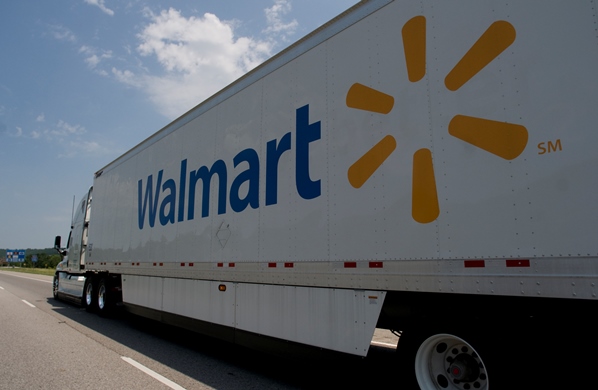
In an interview with a local television station, Debra Layton, Walmart’s senior vice-president of small formats, said that it is “a food store that sells fuel.” The mega-retailer also said that it partnered with a local butcher to provide “breakfast, lunch, and dinner options for the customers that are on the go.”
A unique feature of the small-format store is that it offers Walmart’s well-publicized low prices in a convenience store format. Most convenience stores charge extra for the, well, convenience factor of buying your milk at a gas station — or your gas at a grocery store. The Bentonville store is not open 24-hours a day, but from 5 a.m. to 10 p.m. daily.
There are probably a few gas stations left in America that are not connected to a convenience store, but you might have to drive a long way to find one. There is so little profit in selling gasoline that without a convenience store to provide customers with other reasons to part with their cash most gas stations could not stay in business.
Does Walmart really want to get down there in the weeds and wrestle with the likes of Marathon Petroleum Corp. (NYSE: MPC), which owns and operates more than 6,600 convenience stores/gasoline stations in 18 states, or CST Brands Inc. (NYSE: CST), the spin-off from Valero Corp. (NYSE: VLO) that owns more than 2,000 outlets in the United States and Canada? And don’t forget all those retail outlets owned by Exxon Mobil Corp. (NYSE: XOM), Chevron Corp. (NYSE: CVX) and other oil companies.
Fighting with big oil is a lot different from putting a few local businesses out of action when a new supercenter opens in town. For now, Layton said Walmart has no plans to roll out the new format any further. That seems like the smart play.
Thank you for reading! Have some feedback for us?
Contact the 24/7 Wall St. editorial team.




